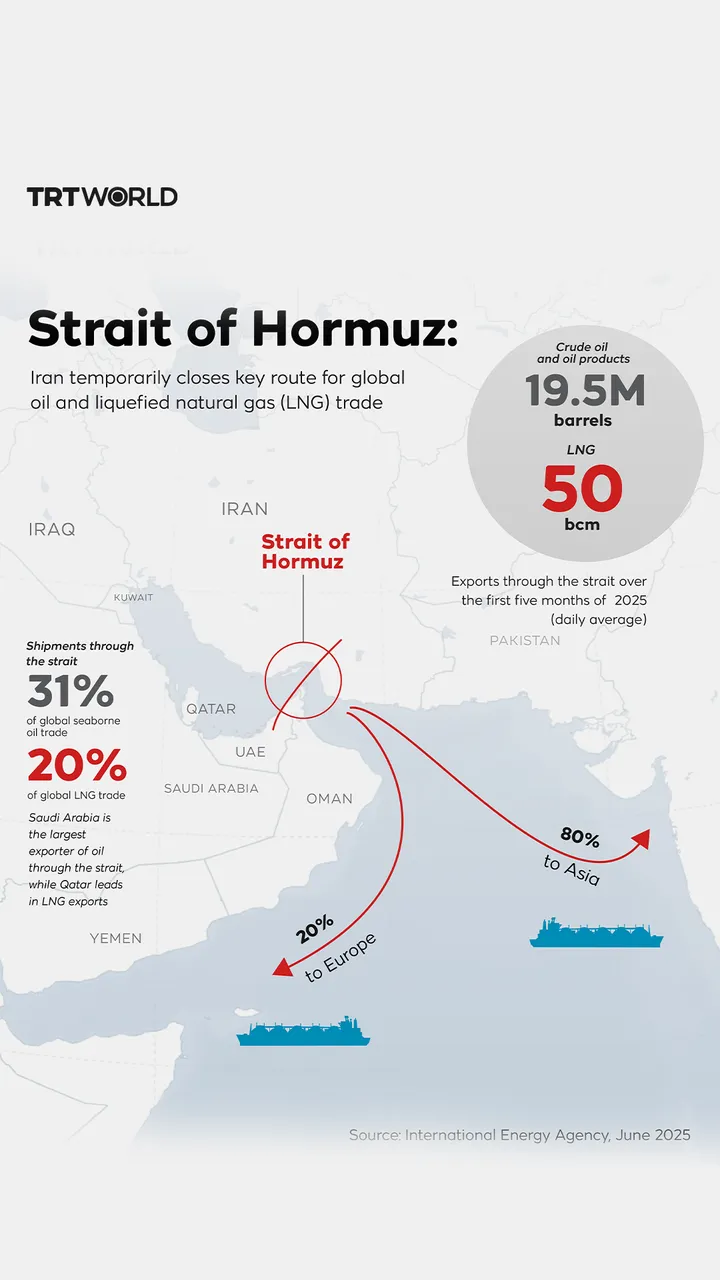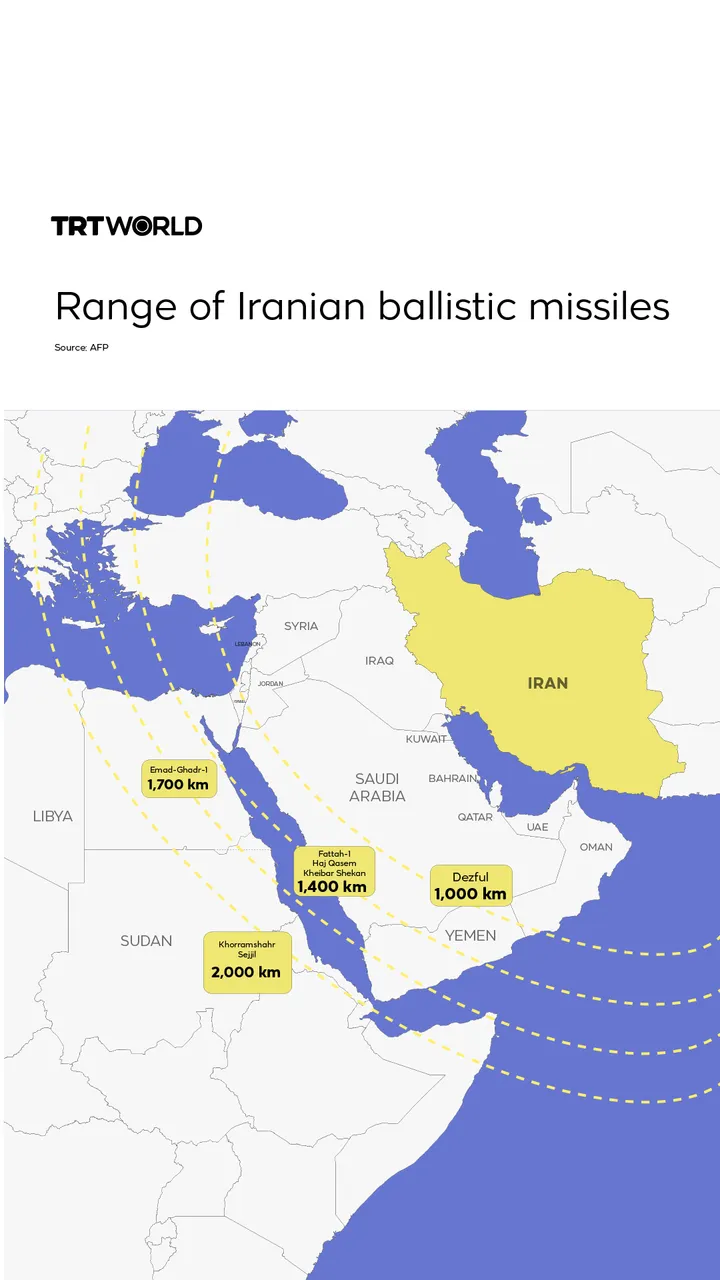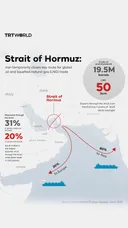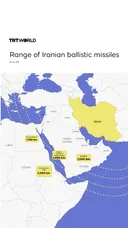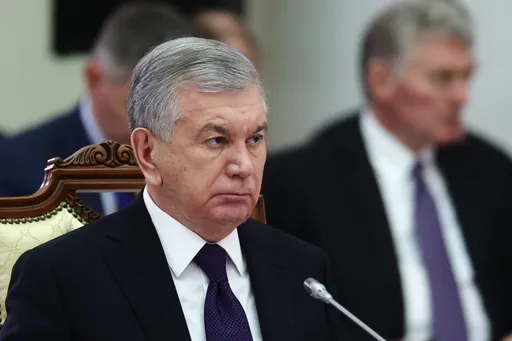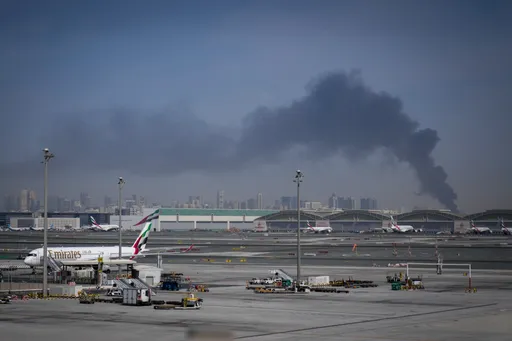In recent weeks the US Congress has sought to curtail US military involvement in Yemen. Both chambers voted to discontinue all US support for the current war in Yemen on the basis that none of it was ever authorised by Congress in the first place.
It’s easy to dismiss Yemen as a ‘quagmire’ or write off the conflict as being such a convoluted mess that even trying to understand it is folly. For so long, we heard this same rhetoric over Syria as a means to justify what so many call genocide.
Therefore, there should be no hesitation in pointing out the primary forces to blame for the current catastrophe in Yemen – Saudi, the UAE and, their ally-enabler, the US. But it should also be understood that this war, as part of a general regional counter-revolution following the so-called Arab spring, is a war against democracy.
This is something that Congress doesn’t want to know about. It’s an element that most US lawmakers would be unlikely to recognise or admit exists within the context of Yemen or the world.
Unlike with the rebellion in Syria which was overwhelmingly, if haphazardly, supportive of democracy and liberty in the face of tyranny, the Houthis are no progressive force.
Their coup, aided by former dictator Ali Abdullah Saleh and forces loyal to him, was an anti-democratic one, which served to interrupt Yemen’s already stuttering ‘democratic transition’ and the provisional government that had emerged following the popular revolution.
To make matters more complicated, the transitional government never had the full backing of the UAE, due to its general hostility to regional democracy and its specific disdain for the role played in it by Yemen’s Muslim Brotherhood affiliate Al Islah.
Similarly, Saudi had been delaying the democratic transition precisely to ensure that someone from the old regime remained in power.
This enabled the Houthi coup. What has ensued since has been the destruction of the country, with the US being the primary source of the means of destruction. So destructive is the fight in Yemen that even Saudi and the UAE, the two nominal allies, is that their own proxy forces have fought each other. Saudi Arabia has been forced to take a pragmatic approach by allying with Al Islah, but this pragmatic alliance could disintegrate at any moment.
This is primarily because the UAE is singing to a different tune. As reported by the Guardian last year, the UAE now only aids fighters willing to prioritise fighting not the Houthis, not even Daesh, but Al Islah – it has arrested the regional leaders of Al Islah and has sought to eradicate its presence from its sphere of influence. It now focuses most of its resources on arming secessionist fighters in the south of the country, known as the Southern Movement – almost all of the arms come from the US.
Democracy or democratic transitions or anything even remotely progressive couldn’t be further from the UAE’s mind – its main aim is to project itself, against its alleged enemies like Turkey and Qatar, as a new regional force that maintains a tyrannical order from which it profits.
Democratic forces are crushed, while extremist forces rise and Saudi-UAE backed authoritarians then swoop in claiming to be necessary for the fight against ‘terrorism’.
Yemen’s revolution for democracy and dignity has been very deliberately drowned in blood.
If the world bought this strategy from the allegedly ‘rogue’ states of Syria, Iran and Russia, it has had no problem buying it from these petrostates, already fully integrated into ‘world order’.
This Saudi-UAE counter-revolutionary rampage has consisted of counter-revolutionary attacks on democracy in Egypt, Libya, Jordan, Tunisia and Qatar. And if even under Obama this was being aided, the rise of the quasi-authoritarian Trump administration has made its task easier, with US arms sales to the Emirates and Saudi amounting to $110 billion going ahead and deliberately bypassing Congress.
Though it was under Obama that the US became involved in the bloodbath in Yemen, on behalf of its key allies in Saudi and the UAE, the vote in Congress was widely seen as a rebuke of the Trump administration’s policy towards Yemen.
It’s hardly cynical to note that a vote of this kind regarding Yemen being endorsed by house Democrats during Obama’s term in office would’ve been unthinkable, but it seems now Trump is in power, US Democratic lawmakers suddenly have a conscience when it comes to Yemeni blood.
One cannot be a purist from the safety of their armchairs and desks on these matters: any attempt by Congress to halt US involvement in and potentially make things slightly better for Yemen, which now constitutes the worst humanitarian crisis on earth, can only be a positive occurrence
But that’s not what’s on the cards here. Congress might be able to pass resolutions, but given the veto power Trump has, the Saudi-Emirati murder machine in Yemen shows no signs of slowing, nor does the US money and weapons that keep it in motion.
Wars such as this usually end when the aggressors start to lose resources, but Yemen’s destruction continues to generate both monetary and geopolitical profit for the Saudi-Emirati-US axis, as does Saudi and the UAE’s new era of imperialist adventurism in general.
With this dynamic in mind, Congress seems increasingly caught between increasing futility and an absence of the principles necessary to recognise the anti-democratic and counter-revolutionary nature of the threat posed by the UAE and Saudi.



